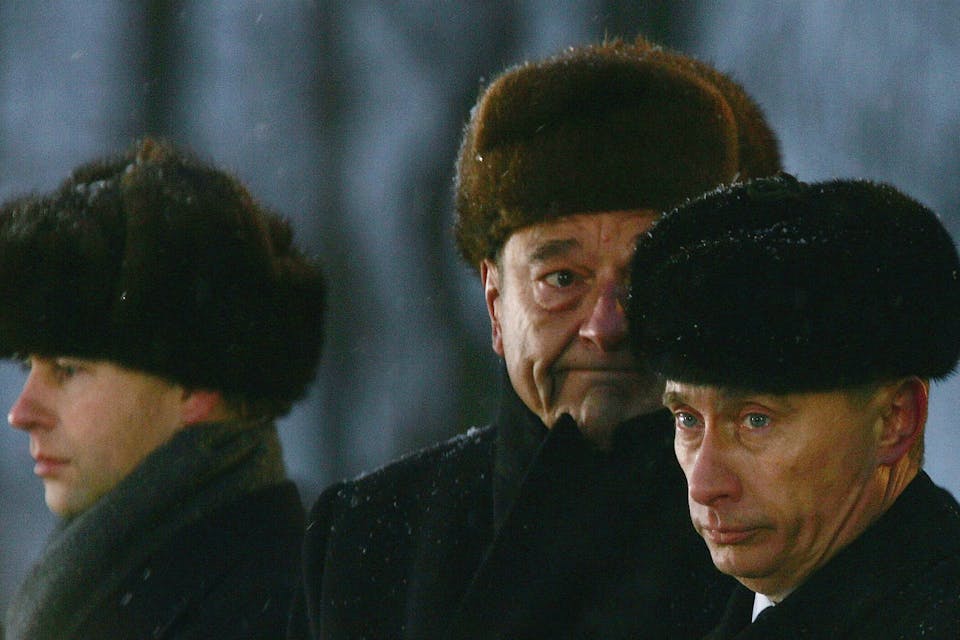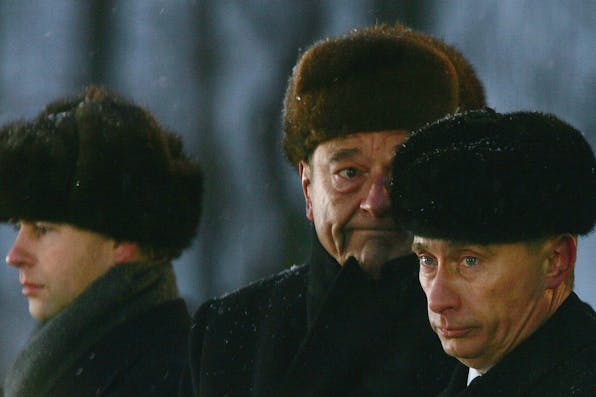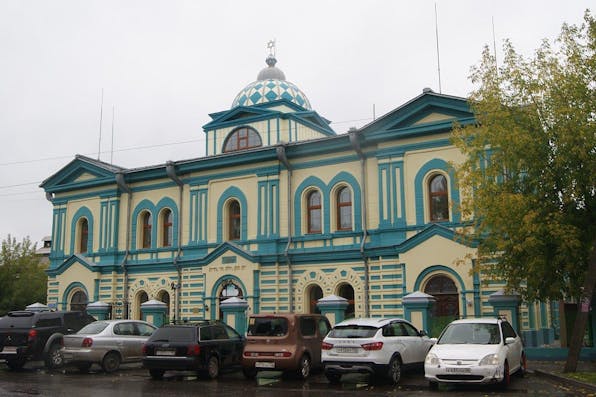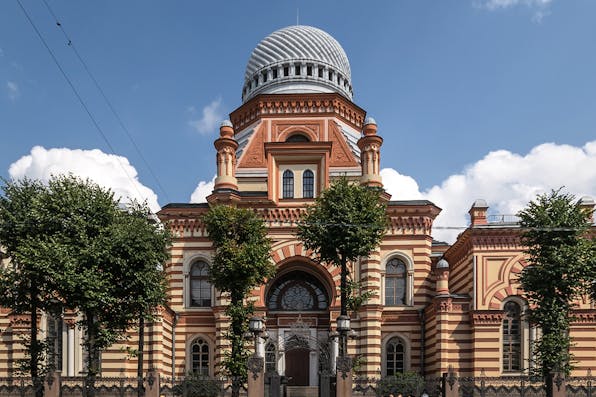
March 20, 2017
The Putin Anomaly
In modern European history, Vladimir Putin is the first classically reactionary and even revanchist leader who is not, or at least not yet, an anti-Semite.
In his edifying and heartfelt essay, “The Prospect for Russia’s Jews,” Maxim Shrayer raises a number of issues that invite further reflection. I’ll touch on a couple of them.
A few years back, at what I was told was a “very closed” meeting in the Kremlin, an unusually expansive Vladimir Putin regaled the gathering with an elaborate anekdot (a joke). The gist, as related to me by a reliable first-hand source, and shorn here of its colorful verbal trimmings, was this: another Great Flood is about to engulf the earth, extinguishing the human race. It will happen within a month, and cannot be forestalled or prevented. To soften the blow, the clergy of every religious denomination have allowed the faithful to break all taboos. Muslims are given leave to drink alcohol, Catholics to indulge every deadly sin from sloth and gluttony to wrath and lust. Rabbis, by contrast, are urging their congregants: “We have a whole month. Jews! We must learn to live under water!”
If it seems to you that this anekdot was meant not just to amuse but to express respect and even admiration for the last-named group, you’re quite correct. Several of the Russian Jewish interlocutors in Shrayer’s report stress the importance of this same element in Vladimir Putin’s personal makeup. The Russian president may be almost certain to pick a fight with NATO on the alliance’s eastern flank, but, rather miraculously, he is also the first classically reactionary and even revanchist leader in modern European history who is not an anti-Semite. Putin’s Russia is the best non-revolutionary Russia that Jews have known since the 1770s, when Catherine the Great acquired them in the first partition of Poland.



